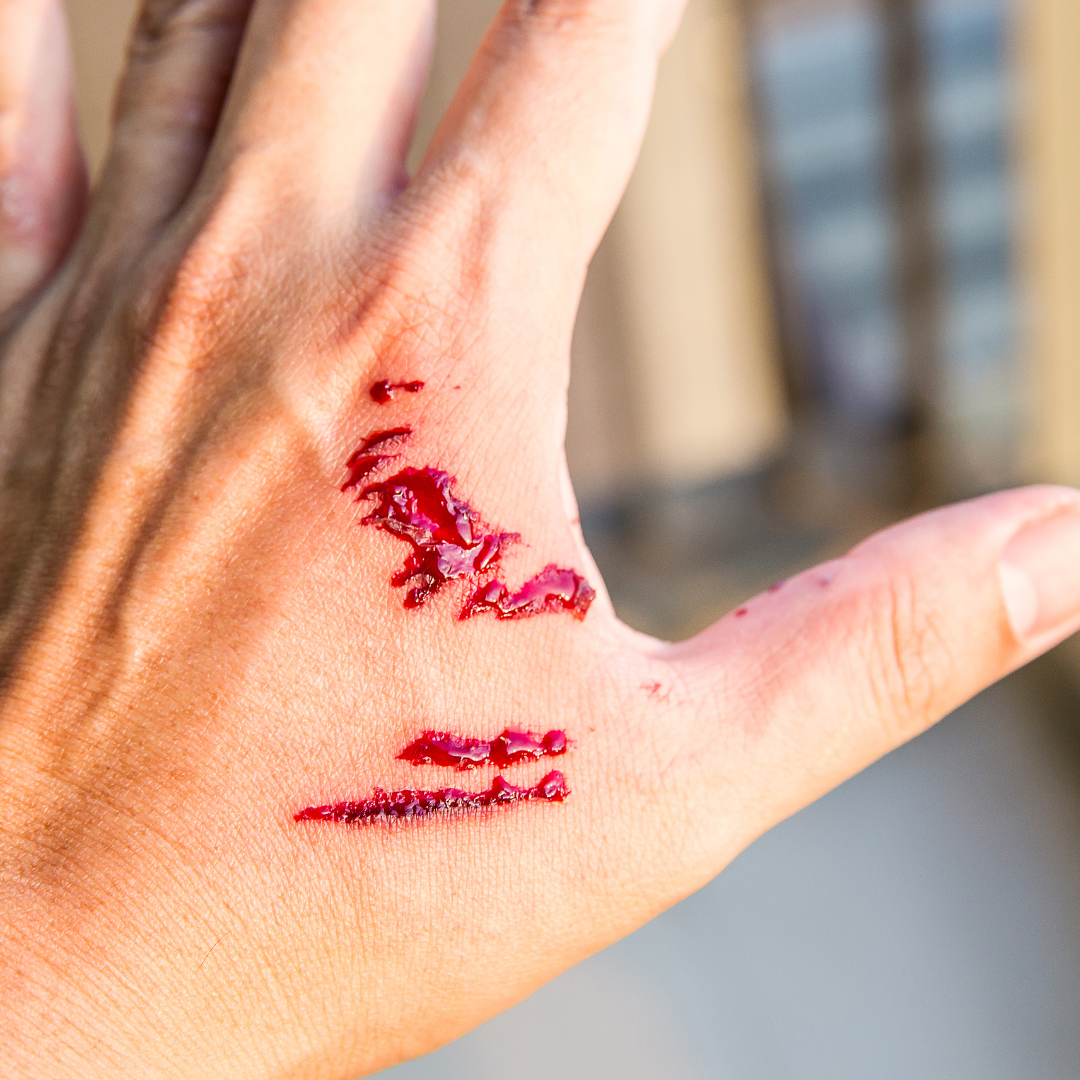A bite, scratch, or saliva contact from a potentially rabid animal is a medical emergency. Rabies is almost always fatal once symptoms appear, but early action prevents infection and protects your legal rights. If you are dealing with a rabies scare after a dog, cat, or wildlife incident, you did not cause this. You deserve answers, a clear plan, and support.
Need help now? Start a free case evaluation so we can begin protecting your health and evidence.
Public health authorities consider rabies exposure to include any bite or scratch that breaks the skin, or saliva or neural tissue contacting your eyes, nose, mouth, or an open wound. Petting or touching fur alone is not exposure. In Florida, high‑risk species include raccoons and bats; among domestic animals, unvaccinated cats are a frequent source. When in doubt, treat any plausible rabies exposure Florida as urgent.
Authoritative guidance: Florida Department of Health — Rabies Information (treatment, reporting, prevention).
Florida requires animal bites and suspected rabies exposures to be reported to the county health department, generally within 72 hours of recognition. In practice, hospitals, urgent cares, and animal control submit an Animal Bite Report and coordinate quarantine or testing. That official record:
Keep copies of the bite report, medical records, vaccine lot numbers, and all receipts.
Florida’s dog‑bite law is strict liability: if a dog bites you in public or while you are lawfully on private property, the owner is generally responsible even if the dog never bit before. When a bite triggers rabies evaluation or PEP, the owner can be liable for all medical costs, lost wages, and pain and suffering tied to the event. Failing to vaccinate pets or to cooperate with quarantine/testing can further strengthen your claim.
A landlord is not automatically liable for a tenant’s pet, but premises liability can apply when a dangerous condition on the property leads to rabies exposure. Examples include ignoring bat infestations, tolerating repeated wildlife activity around dumpsters, or failing to address known animal hazards that tenants or customers report.
Pet‑friendly businesses, grooming facilities, veterinary clinics, and event venues must take reasonable precautions to prevent bites. If an employee’s negligence allows unrestrained animals near customers, or a manager ignores wildlife complaints, the business can share responsibility.
Insurers often dispute necessity or timing of PEP; thorough documentation helps resolve these arguments.
We move quickly to coordinate with public health, preserve evidence, and pursue compensation from every responsible party. You focus on healing. We will handle the rest. No upfront fees — we only get paid if we recover for you.
Take the next step today: start your free case evaluation so we can begin protecting your claim.
